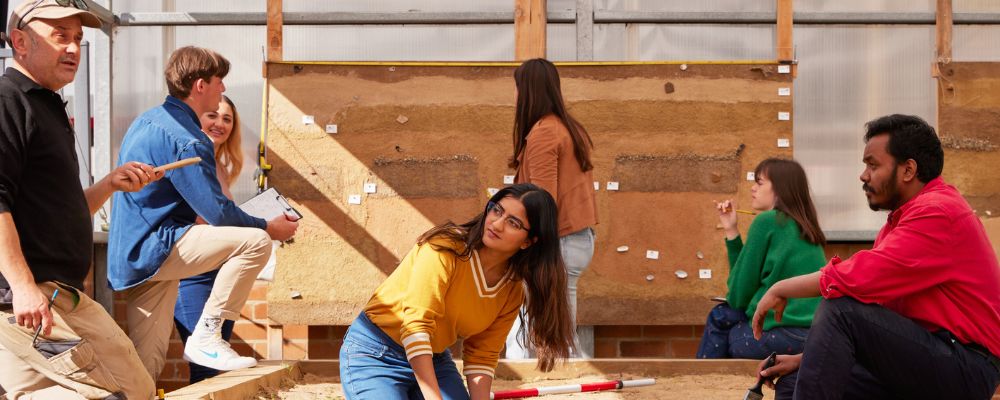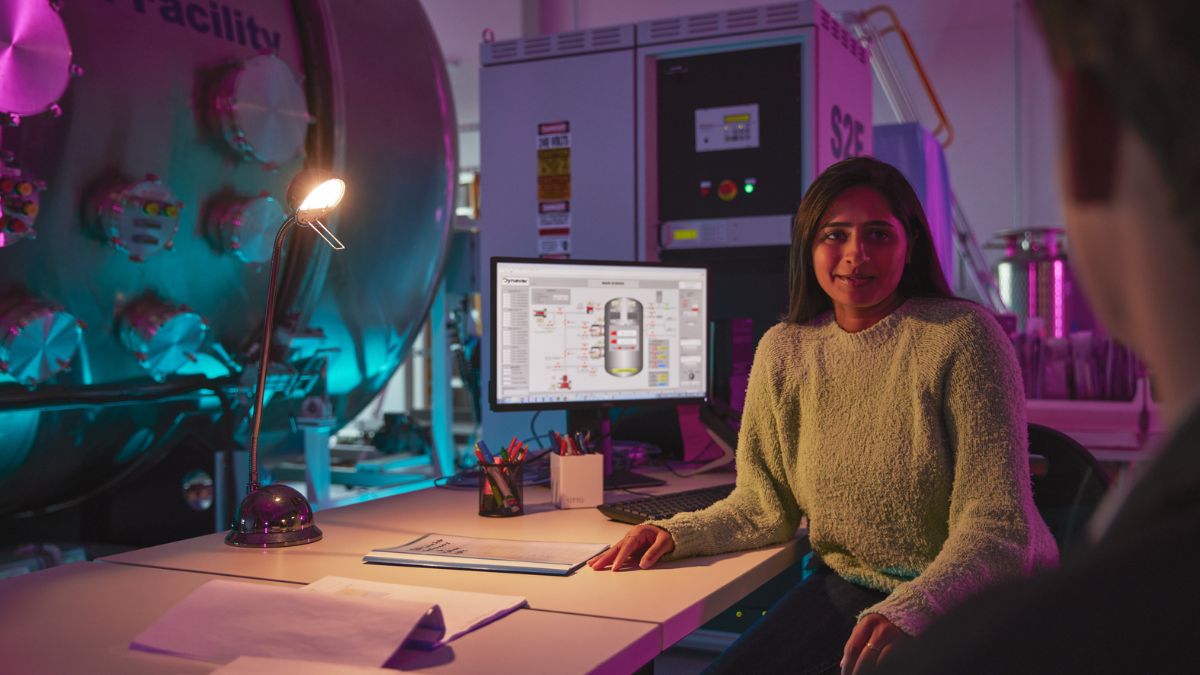
Published on
Debunking 5 common myths about postgraduate study
Postgraduate study can seem like a whole new world, with new expectations, new schedules and new advice. Whether you're considering a Master degree, graduate certificate, graduate diploma or a research program, chances are you've heard a few things that made you pause.
Let’s break down some of the most common postgraduate myths and share what’s actually true when it comes to studying a postgraduate degree at the Australian National University (ANU).

Postgraduate study at ANU defies expectations in a multitude of ways. Image credit: Pew Pew Studio
Myth 1: you need a perfect academic record to apply for postgraduate study
A common misconception is that only the students with spotless academic transcripts can be accepted into a postgraduate program at university. While academic performance does play a role when transferring from some undergraduate degrees to a higher degree, many postgraduate programs consider a much broader picture.
At ANU, admission into postgraduate study can consider professional experience as well as prior learning. This is especially true for graduate certificates and diplomas, and some coursework-based Master degrees, where practical knowledge is highly valued.

Postgraduate study at university is not limiting – nor are the pathways for you to get there.
Myth 2: you need to know your career path before starting a postgraduate degree
Many students delay starting a postgraduate degree because they feel unsure about what comes after. The truth? You don’t need a perfect career plan to get started.
Postgraduate study can help you refine your direction. You’ll be exposed to new fields, work with teaching staff at the top of their disciplines and connect with peers who bring a range of experiences and ambitions. Some students go on to specialise further, and earn more, while others pivot entirely to a new passion.
At ANU, your postgrad experience can be as linear (or experimental) as you need it to be.

You do not have to have it all figured out before you start your postgraduate journey at ANU.
Myth 3: postgraduate study is all too expensive
There’s no denying that postgraduate study is a financial investment, but it may be more accessible than you think.
Postgraduate study is a big step, but you won’t be doing it alone. At ANU, there are a number of funding options to help make it possible, including Commonwealth Supported Places (CSPs) for some Master programs, FEE-HELP loans and a range of scholarships to support you throughout your studies.
We also know that life doesn’t pause when study begins. That’s why our programs are designed with flexibility in mind. Whether you want to study full-time or part-time, in person or online— there’s room to make it work for you.
Long-term, a postgraduate qualification can also grow your career trajectory, improving employability, leadership potential and earning capacity over time.

There is support available at ANU to help you get to where you want to be.
Myth 4: only academics thrive doing postgraduate study
This one’s a classic. While postgraduate research degrees do lead many people into academia, coursework Master programs or professional graduate certificates can open doors into a wide range of industries.
Postgraduate study helps you sharpen skills that employers want, such as critical thinking, communication, data literacy, project design and more. And our capital city location at ANU lends opportunities that link your degree with real-world impact, from internships to national policy and political work.

There is not one singular type of postgraduate student. Postgraduate study caters to lots of different types of individuals who wish to follow an interest further.
Myth 5: postgraduate study means constant class and long days on campus
This is one of the most common postgraduate myths, that going back to study means giving up your job, committing to full-time hours, as well as study after hours, and being on campus five days a week.
But the reality? Most postgraduate degrees at ANU are built with your lifestyle in mind. You can study full-time if that suits your lifestyle, but many students choose to study part-time while working, parenting or juggling other commitments. We also have multiple childcare facilities available on campus.
You might have fewer weekly contact hours than in an undergraduate program, with a strong focus on independent learning and self-paced progress. That means you’ll have the space to shape your week around work, family or personal goals.
Whether you're pursuing a graduate certificate or exploring ANU postgraduate research, the structure is there to support you.
Bosi’s postgraduate study experience at ANU
“My postgraduate ANU degree combined legal and international relations and is unique in Australia. It gave me a comprehensive view of international society and led me to analyse dynamics from different perspectives. I made the most of the resources for international students, and the inclusive environment enhanced my communication and collaboration skills”.
- Bosi Wang
Graduate, Master of International Law and Diplomacy 2024

Bosi Wang, Graduate, Master of International Law and Diplomacy 2024.
Thinking about your next move? Discover more about how postgraduate study could open new doors.



